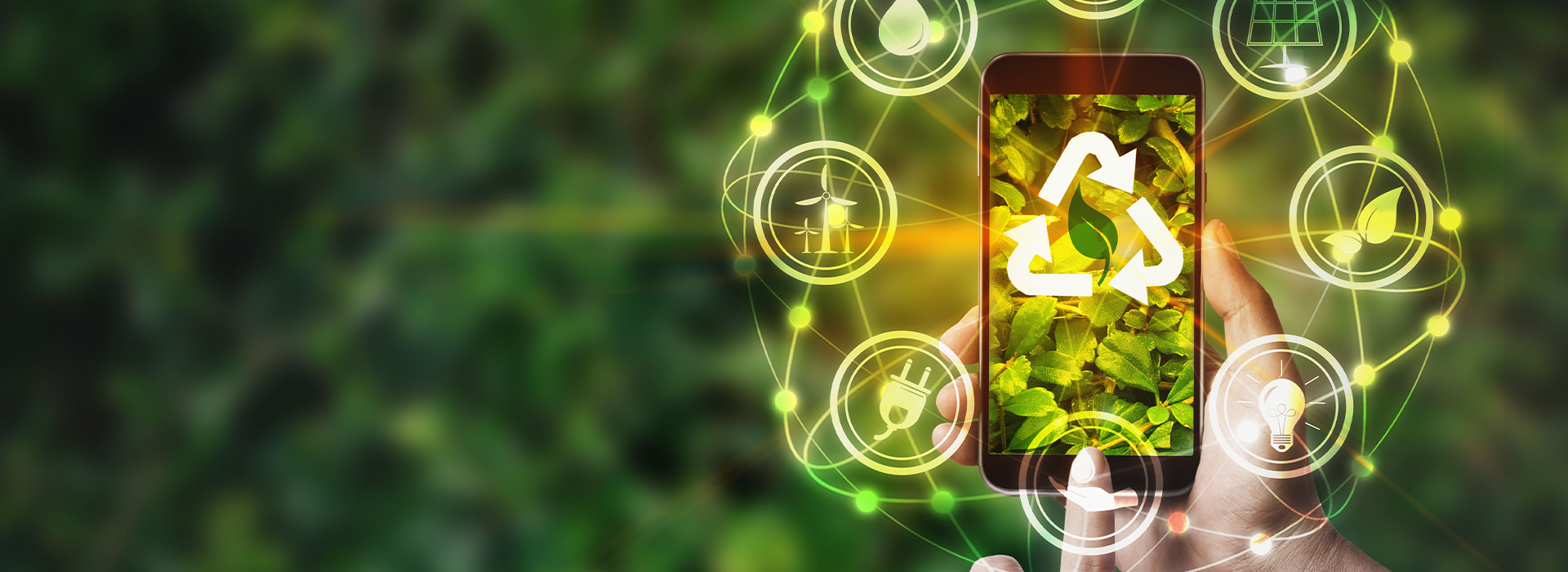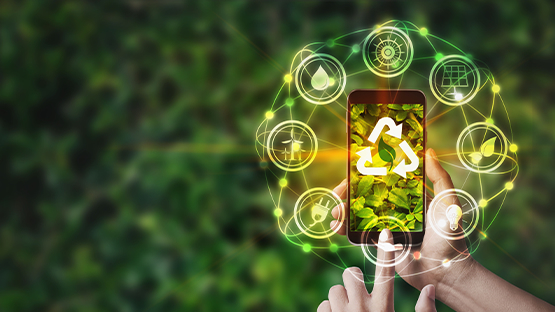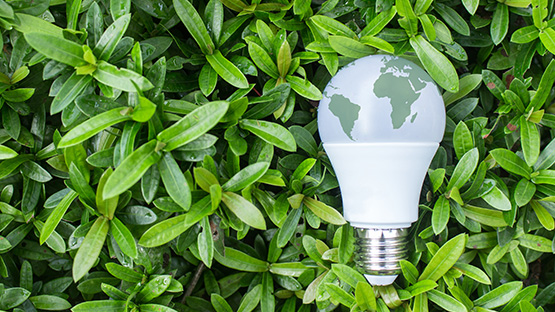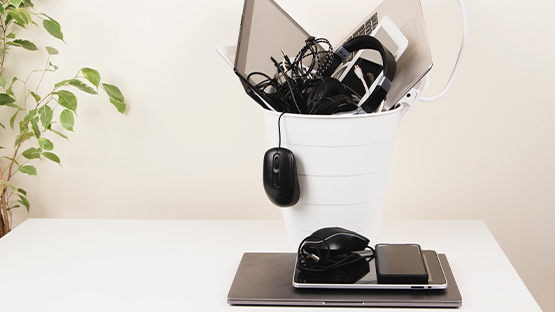The circular economy - what are the benefits?
Ecology

5 February 2023
The endless demand for new raw materials contributes to the overexploitation of the planet's resources. It is not only the planet that loses out, but also societies and states. The alternative is sustainable, closed-cycle waste management. What is the model for the economy of the future?
The circular economy - what is it?
The closed loop economy (GOZ), also known as the circular economy, is an economic model based on using manufactured goods for as long as possible. The guiding idea behind the concept is to minimise the waste generated by businesses and households on a daily basis.
The closed-loop economy model was conceived as early as 1966. The author of this idea was the American economist Kenneth E. Boulding. However, it was not until several decades later that the world took an interest in the scientist's proposals. Today, the idea is supported by citizens, governments and international organisations alike. Achieving a closed circulation of raw materials in the economy is a goal of the European Union, among others.
The closed-loop economy is the opposite of an economy based on continuous production. This model is now widely used throughout the world. It involves the creation of more goods that have a short useful life. They, and the materials from which they are made, end up in landfills, thus going to waste. Furthermore, the growth economy deliberately limits the possibility of reusing raw materials by making it difficult and uneconomic to repair broken things. 
What are the benefits of moving to a circular economy?
The foundation on which the modern economic system stands is the mass production of goods. Its increase has been noticeable invariably since the 18th century Industrial Revolution. In many countries, however, it has ceased to be a sign of economic success, but of problems. One of these is the need to spend large sums of money on waste disposal. Meanwhile, much of it can be reused. One example is the packaging for parcels, which InPost encourages to be reused - it is worth using every cardboard box to the limit, instead of constantly throwing away and buying new ones.
Reusing resources also offers the possibility of creating new jobs. In a circular economy, people of different specialisations could find employment. In addition to production workers, jobs would be given, for example, to engineers developing and implementing new, increasingly efficient methods of resource recovery. The market itself would be enriched with further profitable businesses improving the state's economy.
Consumers would also benefit from a circular economy. Currently marketed goods are deliberately designed to only work for a limited time. Worse still, manufacturers make them difficult to repair. An example is appliances in the white goods segment, such as washing machines or refrigerators. Appliances that used to work for up to 20 years have been replaced by products that only work for a few seasons.
Environmental impact of a circular economy
The production of plastics shows why the transition to a closed-loop economy is necessary. This raw material is made from oil, which is becoming increasingly scarce. By recycling this material, its exploitation can be reduced. This thus reduces the amount of plastic rubbish in landfills. However, this is only an intermediate target. Ultimately, in the GOZ, plastic consumption should fall to almost zero.
Another negative example of an economy of perpetual growth is so-called fast fashion. Many clothing companies produce clothes that can be worn a very limited number of times. They use huge quantities of water to create them. What is more, they pollute rivers by pouring poisonous dyes and other chemicals into them.
The implementation of the principles of circulation of secondary raw materials is a win-win situation. Above all, the environment benefits. The benefits of GOZ will also be felt by society in future. This will make purchased goods more durable and, if necessary, repairable. Closed circulation of waste will also have a positive impact on the economy - it will increase innovation and competitiveness between companies.
Czytaj również






